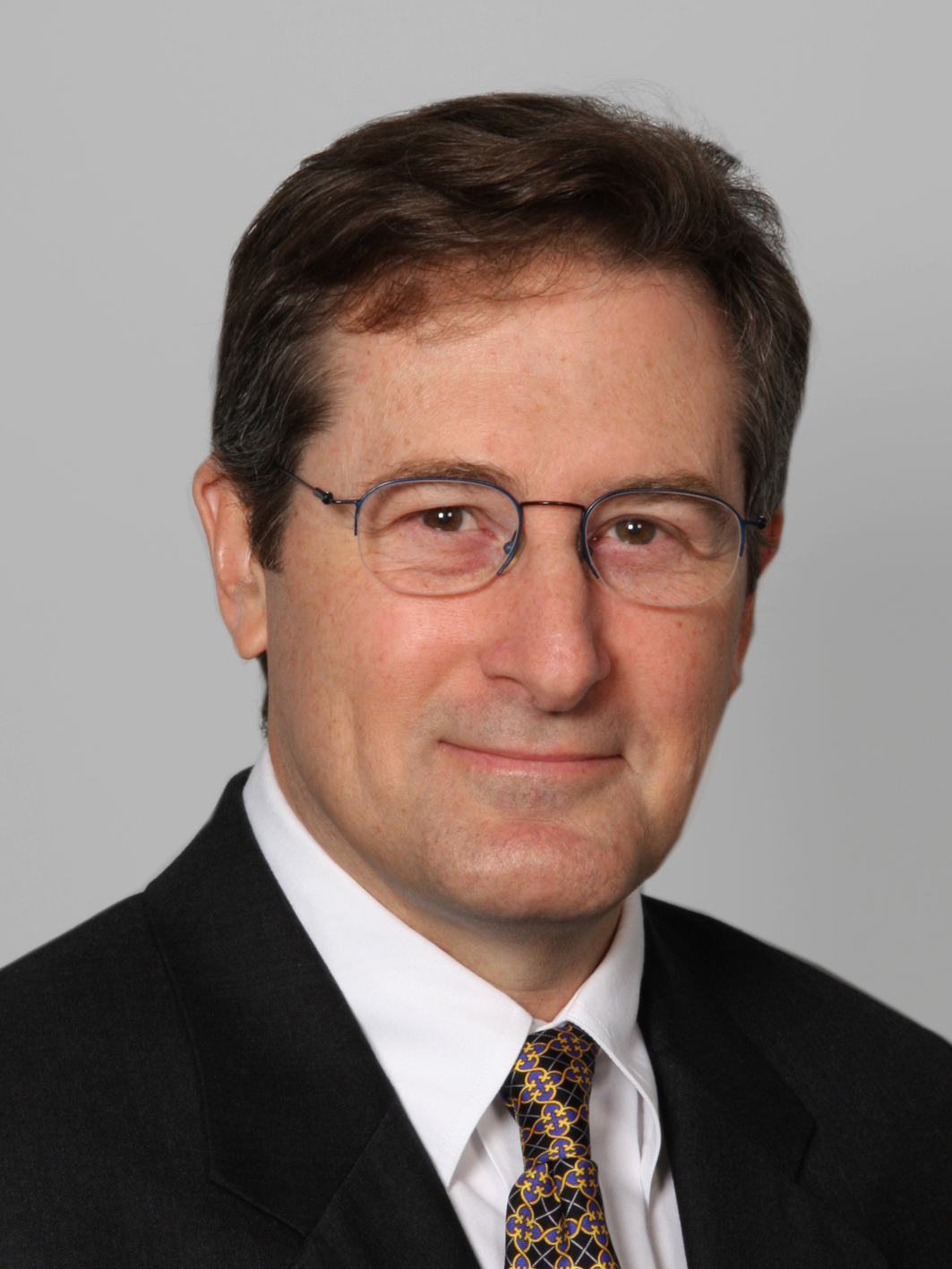
Cell growth in exactly the right place and at exactly the right time to form a bodily organ
Molecular biologist Michael N. Hall discovered that the TOR protein plays a key role in determining cell growth and cell metabolism. His research led to a fundamental change in the understanding of cell growth; when sufficient building blocks (nutrients) are available, this is a highly structured, plastic process, controlled by signal paths regulated by the TOR protein. This protein plays a key role in development and ageing processes and also in many illnesses, including cancer, cardiovascular disease, diabetes and obesity. Thanks to the identification of the TOR protein, it has been possible to develop promising new treatments for these diseases.

